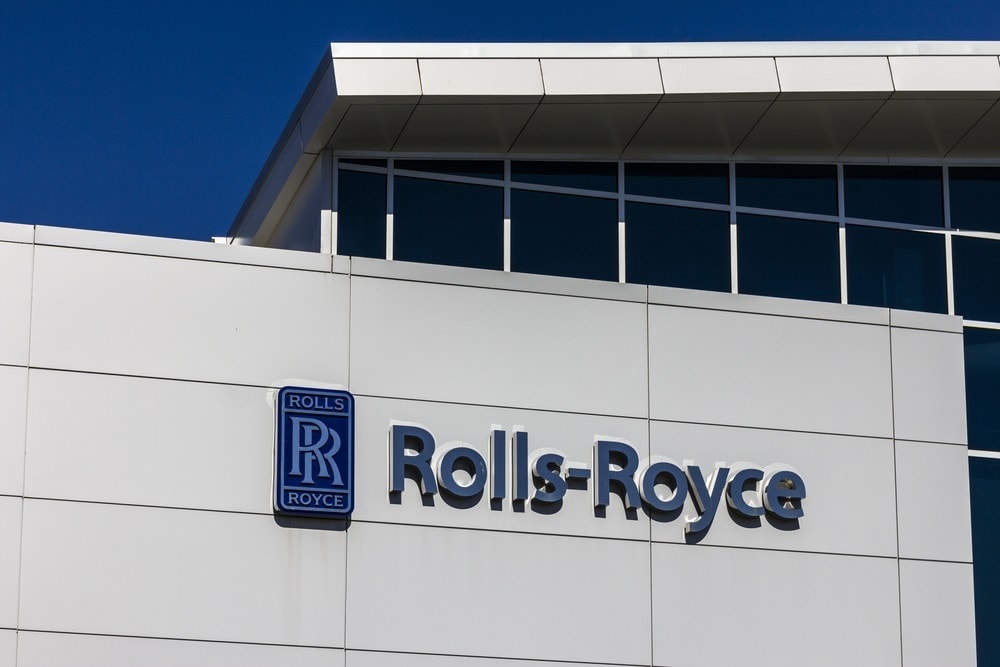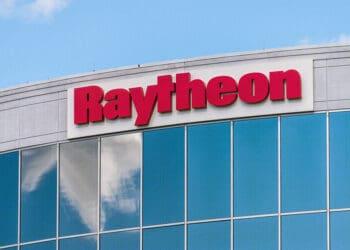Case Highlights Growing Trend in Collaborative Enforcement
This article by Bracewell white-collar attorneys details the resolution of parallel investigations by U.S., U.K. and Brazilian authorities. Rolls-Royce’s long-running scheme to bribe government officials across the globe in exchange for government contracts has resulted in a record enforcement action. Learn about what this could mean for future investigations.
By: Phil Bezanson, Glen Kopp and Carolyn Robbs Bilanko
Rolls-Royce plc, a UK-based company that manufactures engines and generators for the aerospace, defense, marine, and energy sectors, has agreed to pay over $800 million to resolve parallel investigations by U.S., UK, and Brazilian authorities into a long-running scheme to bribe government officials across the globe in exchange for government contracts.
According to a deferred prosecution agreement (DPA) unsealed on January 17, 2017, Rolls-Royce was required to admit that between 2000 and 2013, it conspired to violate the Foreign Corrupt Practices Act by paying more than $35 million in bribes through third parties to foreign officials in various countries in exchange for confidential information and contracts for Rolls-Royce and its affiliated entities. Specifically:
- In Thailand, Rolls-Royce used intermediaries to pay $11 million in bribes to officials at state-owned and -controlled oil and gas companies that awarded seven contracts to the company during the same time period.
- In Brazil, Rolls-Royce used intermediaries to pay $9.3 million in bribes to officials at a state-owned petroleum corporation that awarded multiple contracts to the company during the same time period.
- In Kazakhstan, Rolls-Royce paid commissions of $5.4 million to multiple advisors, knowing that at least a portion of the payments would be used to bribe officials involved in a state-owned joint venture that was building a pipeline between Kazakhstan and China. Rolls-Royce also hired a local distributor, knowing that it was actually owned by a high-ranking official with decision-making authority over the company’s ability to continue operating in the market. During this time, the state-owned joint venture awarded multiple contracts to Rolls-Royce.
- In Azerbaijan, Rolls-Royce used intermediaries to pay $7.8 million in bribes to officials at the state-owned and -controlled oil company, which awarded multiple contracts to Rolls-Royce during the same time period.
- In Angola, Rolls-Royce used an intermediary to pay $2.4 million in bribes to officials at a state-owned and -controlled oil company, which awarded three contracts to Rolls-Royce during the same time period.
- In Iraq, Rolls-Royce supplied turbines to a state-owned and -controlled oil company. When Iraqi officials expressed concerns about the turbines and threatened to blacklist Rolls-Royce from doing future business in Iraq, Rolls-Royce’s intermediary paid bribes to the officials to persuade them to accept the turbines and not blacklist the company.
Under the DPA, Rolls-Royce agreed to pay nearly $170 million to the U.S. Department of Justice (DOJ) and to continue to cooperate with DOJ’s ongoing investigation of individuals. In determining this penalty, DOJ considered the following: (1) that Rolls-Royce did not disclose the criminal conduct to DOJ until after the media began reporting allegations of corruption and after the U.K. Serious Fraud Office (SFO) initiated an inquiry into the allegations; (2) the company’s cooperation with DOJ’s investigation; (3) the company’s significant remedial measures, including terminating business relationships with employees and third-party intermediaries who were implicated in the corrupt scheme, enhancing its due diligence compliance procedures regarding intermediaries, and implementing new and enhanced internal controls to address and mitigate corruption and compliance risks; and (4) parallel resolutions reached by the company with the SFO (under which Rolls-Royce paid almost $605 million) and Brazilian Ministério Público Federal (MPF) (under which Rolls-Royce paid almost $25.6 million). The criminal penalty assessed by DOJ—which is a 25-percent reduction from the bottom of the U.S. Sentencing Guidelines fine range—is intended to reflect those factors. Throughout its investigation, DOJ received substantial assistance from other organizations, including the U.S. Postal Inspection Service, the FBI’s International Corruption Squad in Washington, D.C., the SFO and MPF, and law enforcement offices in Austria, Germany, the Netherlands, Singapore, and Turkey.
The global resolution is noteworthy for several reasons. First, DOJ’s investigation of Rolls-Royce is another example of DOJ’s increased and more sophisticated efforts to coordinate with its counterparts abroad and other U.S. agencies at home to identify, investigate, and prosecute violations of anti-corruption laws. Second, the Rolls-Royce resolution fits the trend in recent years of government agencies targeting individuals: both DOJ and SFO’s investigations are ongoing, so prosecutions of individuals in connection with the case still may be announced. Third, it demonstrates the growing power of the SFO and its use of DPAs: the Rolls-Royce inquiry is the largest ever single investigation carried out by the SFO; it reportedly cost about $16 million and approximately 70 people participated, and it is the third use of a DPA since that option became available to U.K. prosecutors in 2014.
Finally, the Rolls-Royce resolution demonstrates the ever-higher dollar amount federal agencies are seeking from companies to settle charges of corruption: three of the four most expensive anti-corruption resolutions (Odebrecht, Rolls-Royce, and VimpelCom) took place in just the last 12 months. As noted above, the Rolls-Royce settlement would have been even higher if not for the company’s extensive cooperation during DOJ’s investigation. Rolls-Royce conducted a thorough internal investigation, gave multiple factual presentations to DOJ, produced witnesses for interviews, and agreed to continue such efforts for the next three years. Rolls-Royce cooperated similarly with the SFO, which cited the company’s cooperation as one of the principle reasons why the DPA was in the interests of justice. This continues a trend of government agencies more clearly explaining how they are tangibly rewarding companies for cooperating with government inquiries, and will help shape the standard of what is expected from companies under investigation in the future.



 Phil Bezanson is a partner at Bracewell LLP in Seattle, where he represents corporate clients, senior management and boards of directors, as well as individual clients in internal investigations, securities enforcement, criminal defense and regulatory matters. Phil is a member of the Bracewell LLP team that has worked on recent high-profile and complex cases, including the Deepwater Horizon explosion; the George Washington Bridge lane closure; General Motors’ ignition switch investigations; “Pay to Play” cases in New York, New Mexico and Illinois; the stock options backdating cases; and a variety of matters involving the Foreign Corrupt Practices Act, accounting and public disclosure practices at publicly traded companies and trading desks at financial institutions.
Phil Bezanson is a partner at Bracewell LLP in Seattle, where he represents corporate clients, senior management and boards of directors, as well as individual clients in internal investigations, securities enforcement, criminal defense and regulatory matters. Phil is a member of the Bracewell LLP team that has worked on recent high-profile and complex cases, including the Deepwater Horizon explosion; the George Washington Bridge lane closure; General Motors’ ignition switch investigations; “Pay to Play” cases in New York, New Mexico and Illinois; the stock options backdating cases; and a variety of matters involving the Foreign Corrupt Practices Act, accounting and public disclosure practices at publicly traded companies and trading desks at financial institutions.











